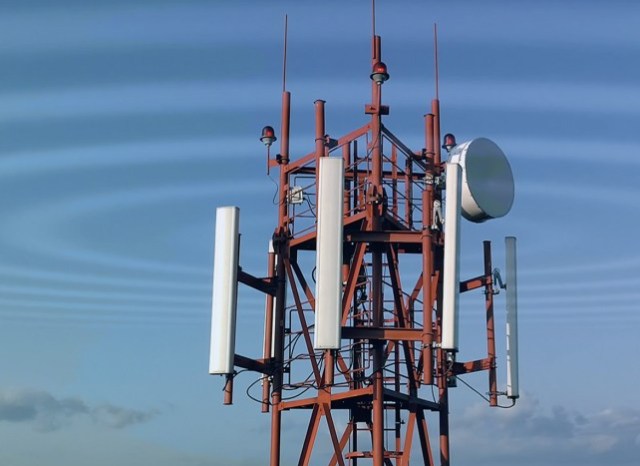Brazil’s communications Minister Fabio Faria said on Wednesday the government expects the spectrum auction for 5G networks to happen next month.

The minister does not expect the analysis of the auction rules by Brazil’s audit court TCU to delay the auction, saying the government has responded to all the court’s questions, a report from Reuters indicated.
Faria said he expects all state capitals in the country to have 5G Stand Alone working by July next year. Telecom operators will have to comply with all the requirements of the 5G spectrum auction by 2028. The auction mandates companies to deliver 4G internet networks to all Brazilian cities and fiber networks in Brazil’s northern region.
A Brazilian government delegation is visiting the U.S. next week to discuss private 5G networks with the U.S. government.
Brazil’s telecoms regulator Anatel earlier approved rules for a spectrum auction for 5G networks this year without any curbs on China’s Huawei Technologies as an equipment supplier.
Telecom companies will be required to build stand-alone networks with the latest versions of 5G technology to be operating in state capital cities by July 30 next year, which will involve heavier investments that they had wanted.
Brazil’s telecom companies insisted on a free market, complaining that excluding Huawei would cost billions of dollars to replace the Chinese company’s equipment that supplies 50% of the current 3G and 4G networks.
Rules for the auction expected in June require telecoms to provide broadband connectivity across the vast Amazon region, largely using optic fiber cables laid in rivers, as well as in northeastern Brazil. They also must cover all federal highways.
Telefonica Brasil, America Movil’s Claro and Telecom Italia will be looking forward to participate during the 5G spectrum auction.
Anatel President Leonardo de Morais earlier estimated the spectrum auction will generate 80 billion reais ($14.3 billion) in investments over the next 20 years. The telecoms would need about 7.6 billion reais in investments, including building a secure network for the federal government, which is expected to exclude equipment from Huawei.





